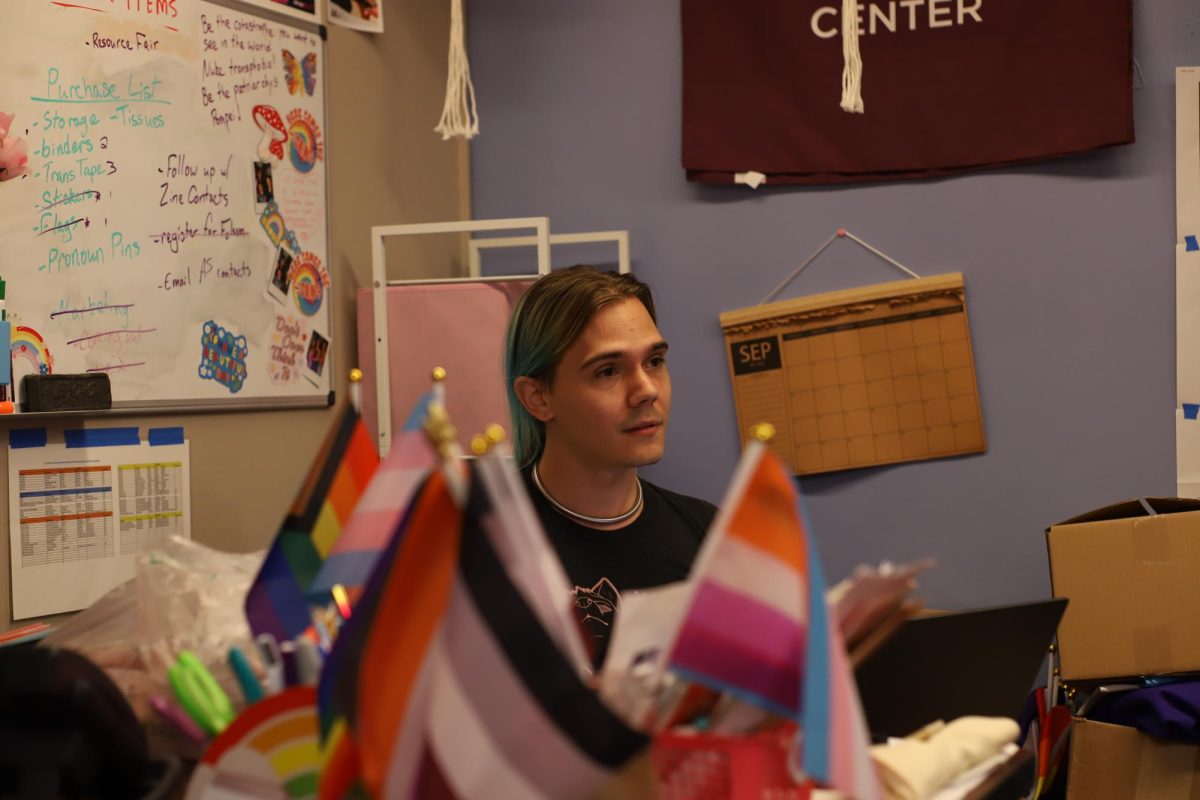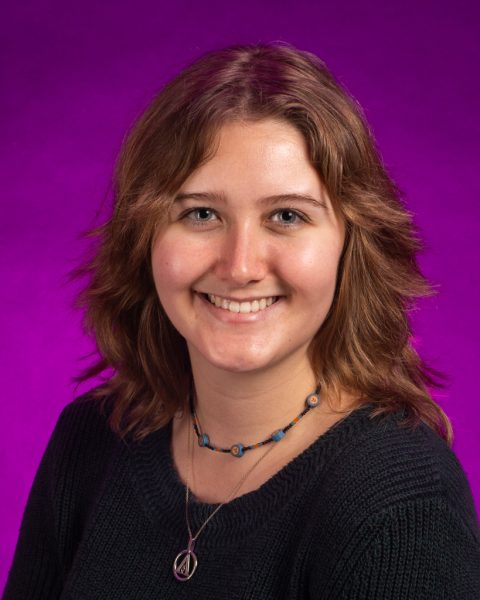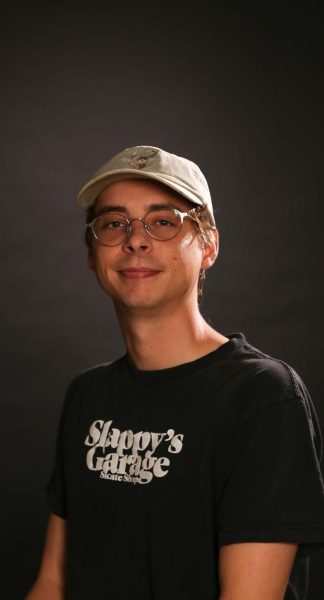The Equity & Justice-Focused Counselor Training Project is hosting a one-hour webinar about transgender affirmative care and mental health settings on Friday.
This webinar is one in a series of training sessions from a $1.9 million grant that San Francisco State University received. This grant also gives $10,000 to some aspiring counselors to help fund their further education. The webinar itself will focus on transgender care.
Rebecca Toporek, the counseling department chair, shed some light on what the program is about.
“This is all part of a federal training grant to encourage and train more counselors to be engaged in integrated behavioral health and the community,” Toporek said. “As a part of that training grant, in addition to providing stipends to graduate students training in integrated behavioral health, they have a series of 10 trainings through the semester or through the year on different issues of integrated behavioral health. And so this is one of many trainings, and the focus of the training grant is on equity and social justice, mental health services in integrated behavioral health.”
The training grant received is called the EFJ-IBH program and is offered to graduate students. The webinars aim to train these future counselors about any resources needed and how to access them.
“There’s a process where students can meet with somebody fairly quickly to sort of assess what path is going to be the best path for them to meet whatever their needs are,” Toporek said. “If it’s a matter of medication management or something like that, then they’ll refer them to the right place. If it’s a matter of ongoing counseling, then they’ll refer them to the right plan as if it’s crisis counseling, they would provide that so Counseling & Psychological Services is really the direct service component.”
Tiffany O’Shaughnessy is one of the event coordinators for these webinars. The department received the grant in 2021, lasting four years, marking this year as their third year. The department creates webinars based on topics that are parts of the EFJ-IBH program.
“One of those is making sure that clinicians are supportive of trans and non-binary folks, LGBT community, we did some on liberation psychology, we looked at [the] Latinx community,” O’Shaughnessy said. “So really looking at how are we ensuring that that our clinicians and folks in the community are creating affirming spaces — When they’re in hospital settings when we’re bringing mental health services into the places where people are primary care.”
While the Department of Counseling is making efforts to train future counselors to provide care for everyone, it was not always that way in the past. O’Shaughnessy says the program is committed to ensuring everyone gets the care they need.
“It’s a part of our commitment to making sure that, you know, medical and mental health care is affirming of everyone who’s seeking that care,” O’Shaughnessy said. “Unfortunately, we have a pretty negative history going back in our field of not being the most affirming at times of the LGBTQ community.”
Jeremy Lark is the director of the Associated Students Queer & Trans Resource Center. Lark was not notified of the upcoming webinar because of cuts to their center.
“While we may not have had the resources to commit to it, that is something that we should know about because we could have gotten that information out to students,” Lark said.
Lark and their team have faced many challenges this semester. They have been cut down from four people to three. The workload is still the same and is now distributed between the three.
“The University is under the false impression that because we live in San Francisco, queer and trans students are staying healthy and happy,” Lark said. “Not only do our students come from all over the world, some of them still aren’t out of home because it isn’t safe.”
Lark wants the school to take more action to bring in the resources the QTRC needs to survive. Like the rest of the members, they are ready for change and training for people to become more engaged in queer and transgender health and wellbeing.
“I will fight tooth and nail with this university to make them take care of my students,” Lark said. “It seems like lawsuits are the only thing that make things happen quickly on this campus. I don’t want it taking a student getting hurt from what we will change.”









